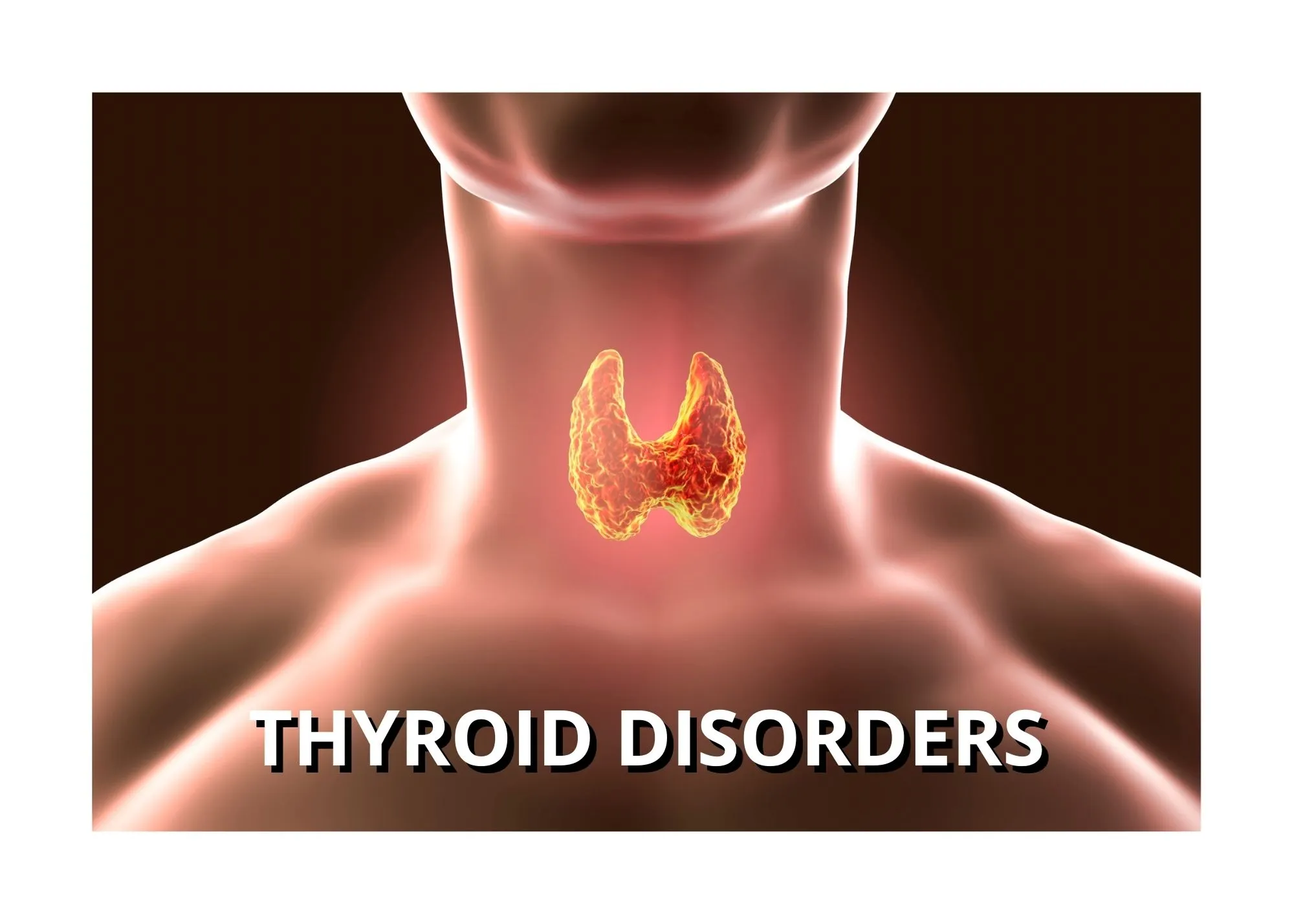Office
No 17, 3rd Cross, LB Nagar,
Kasturinagar, Bangalore 560043
Bangalore , Karnataka
India (560043)

Thyroid Dysfunction Treatment: Understanding Options and Approaches
The thyroid gland, a small, butterfly-shaped organ located at the base of the neck, plays a crucial role in regulating metabolism, energy production, and overall bodily functions. Thyroid dysfunction occurs when the gland produces too much or too little thyroid hormone, leading to conditions such as hyperthyroidism (overactive thyroid) or hypothyroidism (underactive thyroid). Treatment for thyroid dysfunction is aimed at restoring hormonal balance, alleviating symptoms, and addressing the underlying cause of the condition.
1. Hormone Replacement Therapy
The primary treatment for hypothyroidism is hormone replacement therapy, which involves taking synthetic thyroid hormones like levothyroxine (T4). This medication restores normal hormone levels, helping to alleviate symptoms and improve overall health. Dosages are tailored to each individual, and regular blood tests are required to monitor TSH (thyroid-stimulating hormone) levels and adjust the medication accordingly.
2. Nutritional Support
Proper nutrition can support thyroid function and enhance the effectiveness of treatment. A diet rich in iodine (found in seafood, eggs, and iodized salt) is essential for thyroid hormone production. Selenium, zinc, and iron also play key roles in thyroid health. Patients are advised to avoid excessive consumption of goitrogens, substances found in raw cruciferous vegetables like cabbage and broccoli, as these can interfere with thyroid hormone synthesis.
3. Addressing Underlying Conditions
In cases where autoimmune diseases like Hashimoto’s thyroiditis cause hypothyroidism, the focus is also placed on managing inflammation and boosting immune health.
1. Anti-Thyroid Medications
Medications such as methimazole or propylthiouracil are commonly prescribed to reduce the production of thyroid hormones. These drugs help manage symptoms and gradually restore hormonal balance.
2. Radioactive Iodine Therapy
Radioactive iodine therapy is a widely used treatment for hyperthyroidism. It involves ingesting a small dose of radioactive iodine, which selectively destroys overactive thyroid cells, reducing hormone production.
3. Beta-Blockers
While beta-blockers do not treat the underlying cause of hyperthyroidism, they are effective in controlling symptoms such as rapid heartbeat, tremors, and anxiety.
4. Surgery
In cases where other treatments are ineffective or inappropriate, thyroidectomy (partial or total removal of the thyroid gland) may be recommended. Surgery is often used in patients with large goiters, thyroid nodules, or thyroid cancer.
In addition to medical treatments, lifestyle adjustments can significantly improve thyroid health:
Thyroid dysfunction is a manageable condition with a wide range of treatment options. Early diagnosis and a personalized treatment plan, which may include medications, lifestyle changes, and nutritional adjustments, are essential for achieving optimal outcomes. Regular follow-ups with a healthcare provider ensure that treatment remains effective and that symptoms are kept under control. With the right approach, individuals with thyroid dysfunction can lead healthy, fulfilling lives.